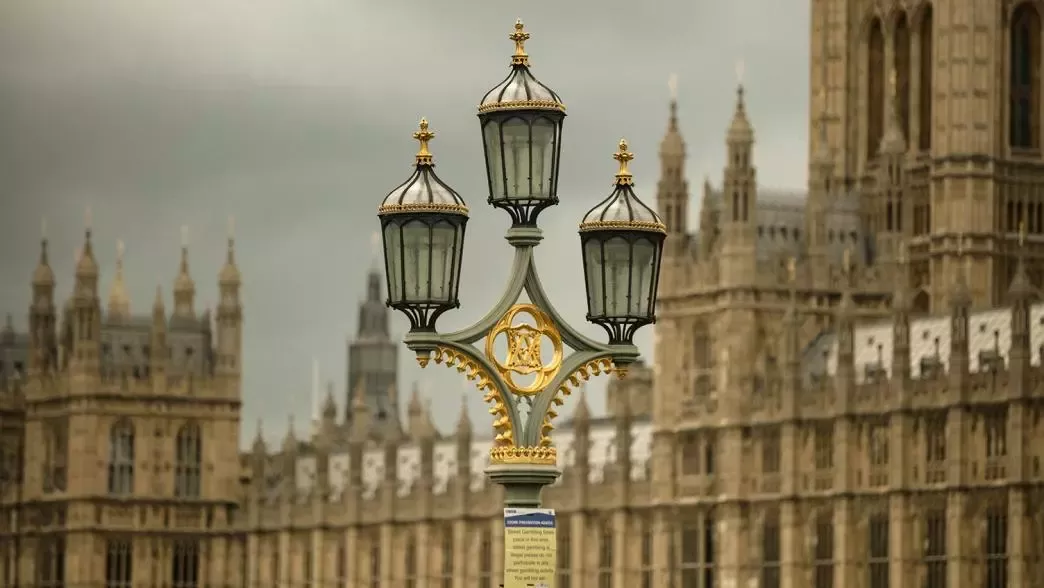Parliamentary approval for military action
Do MPs get a say on whether the government takes military action?

Late on Thursday 11 January, British and US forces, backed by a wider group of allies, launched air strikes against Iranian-backed Houthi rebels after the group ignored a joint warning from ten countries to stop attacking shipping passing through the Red Sea. With parliament not sitting on Friday 12 January 2024 there was no opportunity for MPs to debate and vote on the planned deployment.
Can the government take military action without parliamentary approval?
Technically, yes. As we have clarified previously, “The power to commit troops in armed conflict is one of the remaining Royal Prerogatives – that is powers that are derived from the Crown rather than conferred on them by Parliament.” This means that the PM has a constitutional right to decide when to authorise military action.
But politically this question is less clear cut. In 2011, the government said it would observe the convention that the Commons should have an opportunity to debate military action except in an emergency, and this principle was subsequently included in the Cabinet Manual.
What is the process for securing parliamentary approval?
As mentioned above, there is no codified requirement for the government to seek approval before taking military action. However, in recent years, votes on military action have involved what are known as ‘substantive motions’: votes which express an opinion or take a decision, but have not necessarily explicitly sought to authorise military action. For example, the 2013 motion on Assad’s alleged use of chemical weapons included a statement that a subsequent vote would be required to authorise military action.
What kind of military action now requires a parliamentary debate?
As with any convention, this all depends on how the government wants to interpret past precedent.
Historically – during the First and Second World Wars, for example – conflicts saw parliamentary debate normally only once military action was already underway. Over time, motions have been increasingly debated prior to military action, and have therefore become considered politically necessary in order to commit troops. During the conflict in Kosovo throughout the late 1990s, concern was expressed about the government’s reluctance to hold a debate on a substantive motion in parliament. In relation to Afghanistan, there were a number of statements and debates on the deployment of British troops, but there was no government-tabled motion allowing the House to express its view. However, the subsequent Iraq conflict in 2003 saw not only a specific motion authorising British action, but also the political precedent that the PM had indicated he could not commit troops without that support.
Since that time, while the majority of military deployments have been subject to prior parliamentary approval, some have not. In 2013, military assets were deployed in Mali without prior parliamentary approval. The government justified this saying it was in response to an emergency request, in support of a UN Security Council Resolution, and British forces were not deployed in a combat role. In April 2018, military action was taken against Syrian chemical weapons facilities without a vote in parliament, which the government justified on humanitarian grounds. The then prime minister, Theresa May, subsequently made a statement to the House but there was no retrospective vote on the matter.
The House of Commons Library suggests that on the basis of recent military operations, prior approval is now required when military action is taken “in an offensive capacity” and/or “is premeditated”. Retrospective approval is required when military action is taken to “prevent a humanitarian catastrophe” and/or “to protect a critical national interest". But these are by no means clear cut thresholds – the range of possible military actions varies widely and the circumstances in which emergency action might be taken to secure ‘critical national interests’ without prior approval could be broadly interpreted.
This has been demonstrated in the action taken against the Houthis. Although the precise timing of the strikes was determined by events in the region and operational considerations, military action had obviously been under consideration in Whitehall and Washington for some days, so in that sense the intervention was certainly premeditated. The government has described the action as ‘limited, necessary and proportionate action in self-defence’. While the prime minister chose not to provide an opportunity for parliament to debate military action before it went ahead, ministers said that such an opportunity would be provided retrospectively.
This lack of clarity around parliament’s role in providing approval for military action has led some observers to argue that the convention should be codified by resolution or legislation – something which the then foreign secretary, William Hague, committed to do in 2011. But the proposal was subsequently dropped. As with all the grey areas of our Constitution, there are many complexities (explained in detail here) that would make codification difficult.
Is there any precedent about whether votes on military commitments are free or whipped?
The parliamentary convention on free votes has been that they are appropriate when MPs are voting on matters of conscience rather than party policy. On matters of policy, a whipped vote would be completely normal. The 2013 vote on Assad’s alleged use of chemical weapons, which the government unexpectedly lost by 13 votes had been whipped. But there is a question as to whether a decision to commit armed forces – whether sending in bombs, drones or troops – ought to be a matter of conscience or a matter of policy.
- Keywords
- Foreign affairs Integrated Review of Security, Defence, Development and Foreign Policy Parliamentary scrutiny
- Political party
- Conservative Labour
- Public figures
- Rishi Sunak David Cameron Tony Blair
- Publisher
- Institute for Government